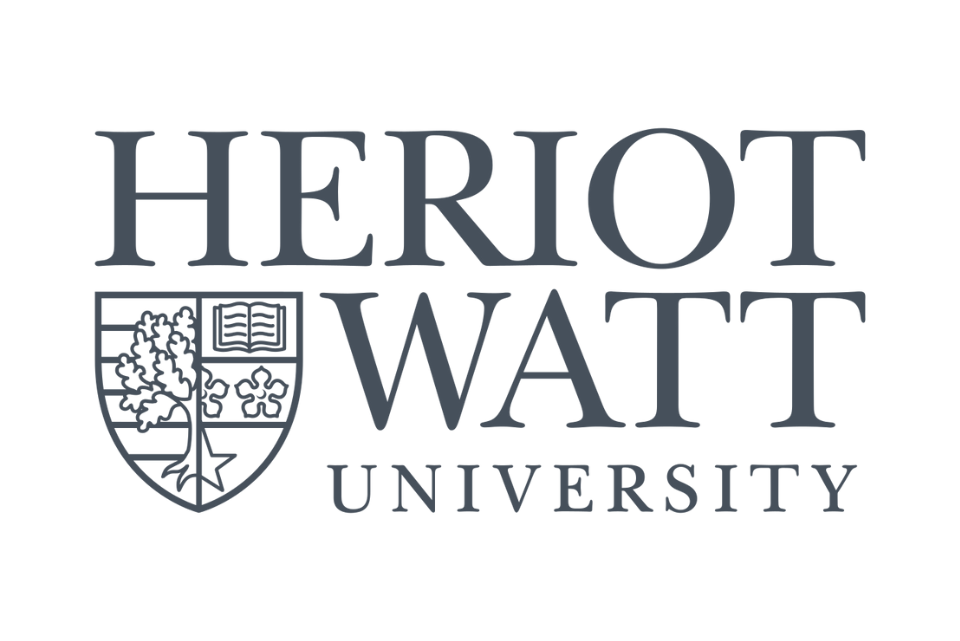Appeal for surplus apples for sustainable brandy project
Edinburgh’s surplus apples – usually destined to simply rot – are being turned into one of Britain’s favourite traditional tipples thanks to a unique partnership between researchers at Heriot-Watt University and the Inchcolm Distilling Company.
The University’s International Centre for Brewing and Distilling (ICBD) teamed up with the company’s owner to turn the unwanted fruit into premium brandy.
It’s hoped the project will help to cut food waste in the capital and preserve the city’s apple trees. Traditional orchards bring biodiversity benefits, acting as gorging grounds for insects and creating habitats for birds and other species, encouraging and enhancing the ecosystem in Edinburgh.
Additionally, rotting apples generate methane, one of the more potent greenhouse gases contributing to global warming. It’s estimated several tonnes of apples from trees in Edinburgh’s private gardens and small orchards go to waste each year.
The researchers worked closely with the distillers to identify the best strains of yeast to mix with the different types of apples to produce the brandy which will be called Pochle, an old Scots’ word meaning “to take a small amount of something without exactly having permission”.
Jamie Wade, Researcher from the International Centre for Brewing and Distilling, said: “In the distilling industry it is up to us to explore ways to create industry-wide practices focused on sustainability.
“For the Inchcolm Distilling Company, we carried out rigorous tests to develop the best blend. We tried a combination of different yeasts to identify the best production method possible so all surplus apples can be used in the distilling process.”
Chris Miles, owner of the Inchcolm Distilling Company, said: “I started picking apples as a kid when I’d nip into somebody’s garden and pinch a wee pochle of them. Some people see their apple trees as a problem but I see them as a great opportunity – waste not, want not.”
“Repurposing waste from nature’s garden is a key challenge for the drinks industry. It’s great to develop a product from apples that would otherwise be wasted. And there’ll be plenty of variety as the taste depends on the types of apples donated. No two batches will be the same.”
Dr Annie Hill, Associate Professor of Brewing & Distilling at Heriot-Watt University, said: “Collaborating with local distilleries allows us to identify innovative ways that can influence the drinks industry in years to come and develop a template for other distillers. This is a key example of identifying practical solutions to contribute to a circular economy.
“Our students are the next generation of brewers and distillers and projects like this can only positively shape the future of drinks production.”
Dr Gillian Murray, Deputy Principal for Business and Enterprise at Heriot-Watt University, said: “At Heriot-Watt we’re passionate about forging stronger links between industry and academia. Our International Centre for Brewing and Distilling is a unique facility and provides multiple resources and expertise for collaboration, generating groundbreaking work across sustainability projects, new technologies and processes. We’re pushing the boundaries of the brewing and distilling industry worldwide while training the next generation of skilled workers.”
Chris Miles collected around a tonne of apples in 2021 and is hoping to produce more than 4,000 bottles of brandy this year.
The Inchcolm Distilling Company hopes to develop a new malt whisky distillery in Edinburgh and create a community hub with sustainable production at its core.
Anyone with surplus apples is encouraged to get in touch with Chris via his email – chris@inchcolmdistillery.com. The only apples he is unable to use are Crab Apples.




